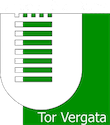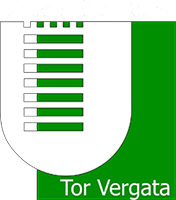Contact and Contamination Modes: An Analysis of Intertextual and Paratextual Elements in Alasdair Gray’s Poor Things (1992)
Keywords:
intertextuality, paratexts, rewriting, adaptationAbstract
The delineation of Scottish National identity has been largely investigated in literature together with the issue of the language: writing in English has been conceived for long by most Scottish authors as writing “in a ‘foreign’ language that does not adequately convey the Scottish way of thinking and thereby undermines Scotland’s sense of identity” (Kaczvinsky 2001). This is particularly true for Scottish authors of prose fiction since the post-Act of Union cultural revival involved almost entirely poetry production. A sort of in-betweenness derived from the contact – and contrast – of two opposing cultures and languages emerges in many postmodernist Scottish authors whose works are permeated by that ‘contrair spirit’ that G. Gregory Smith first called “Caledonian Antisyzygy” (1919).
In this connection, the proposed paper focuses on Alasdair Gray’s novel Poor Things (1992) where split, divided selves distinguish most of its characters: Bella Baxter – a Frankenstein-like creature – ends up in personifying both Scotland and England in a “patchwork-like” construction of her opposing selves (Kirsten Stirling 2008). The same can be said about the whole novel in which intertextual and paratextual intrusions intertwine in a surprisingly new work of art. In particular, the paper aims at showing how overt and covert textual allusions operate as contaminating agents across cultures and genres. At the same time, several illustrations – the result of a reproduction by the author/artist – represent an opportunity of contamination across modes, the latter acquiring even more relevance in the author’s self-adaptation for the screen where artistic hints are wisely integrated in the scene set to convey specific meanings.
Downloads
Published
How to Cite
Issue
Section
License
Copyright (c) 2022 Alberta Boschi

This work is licensed under a Creative Commons Attribution-NonCommercial-ShareAlike 4.0 International License.







